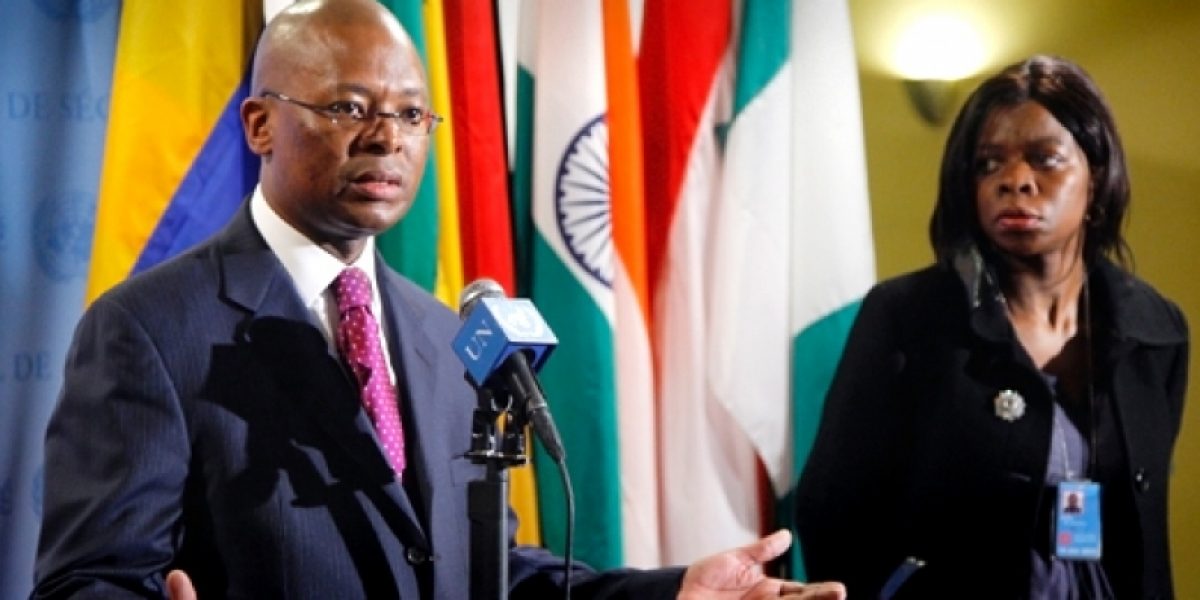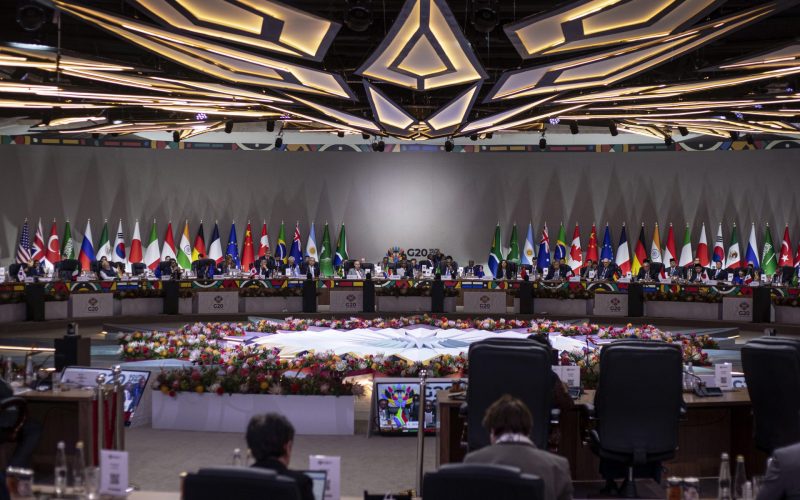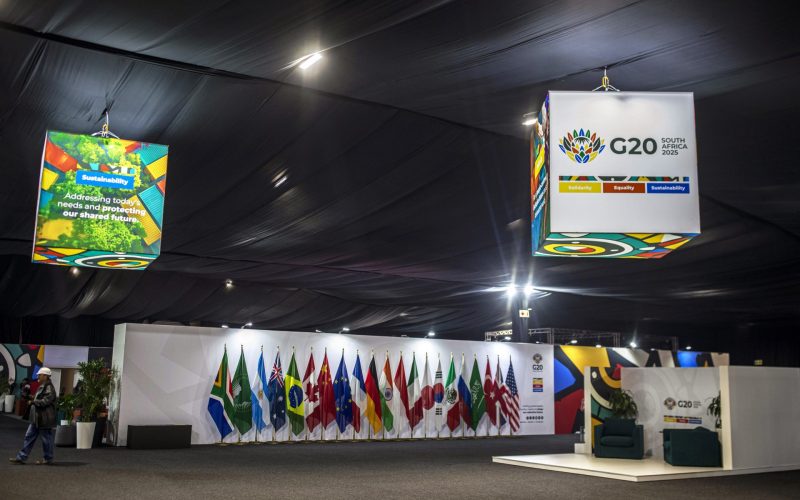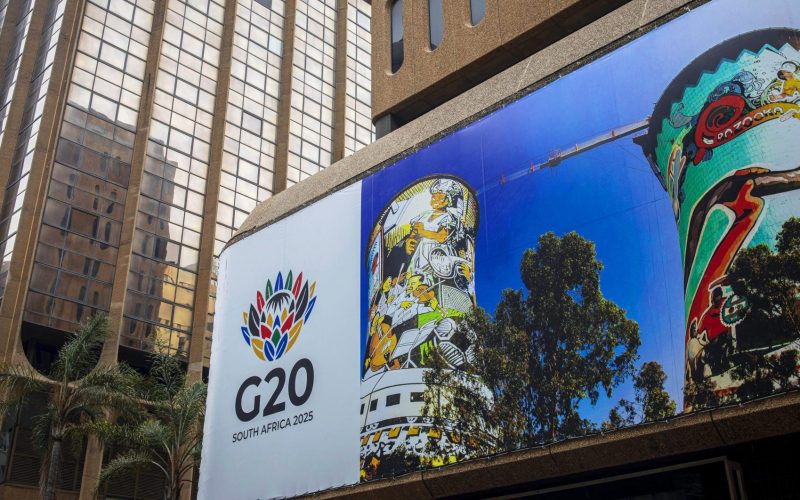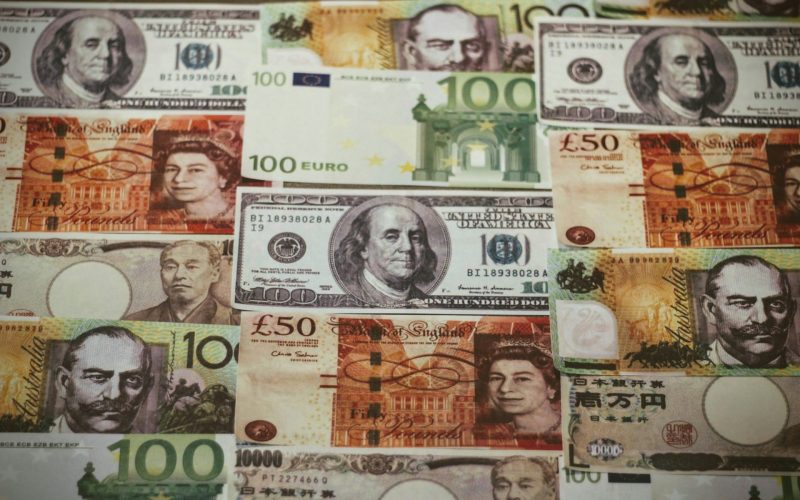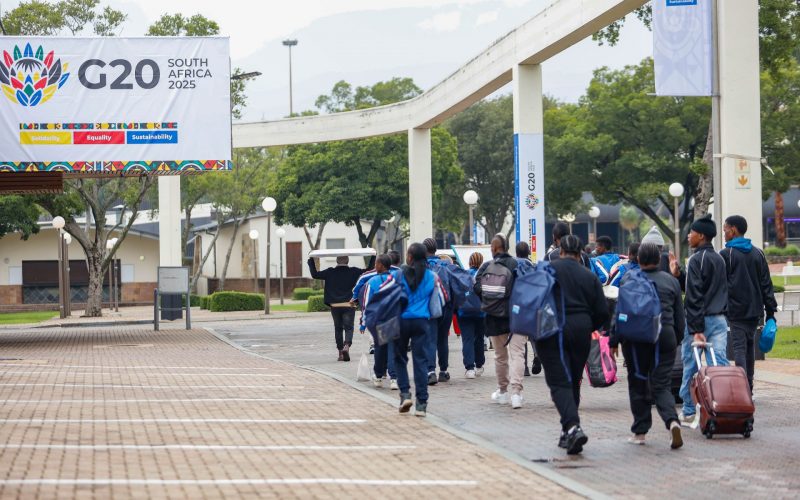But while some aspects of the policy proposals going to Mangaung have been debated very publicly, others, such as international relations, have not. After all, jobs and the economy, not foreign policy, tend to be the deciding factor in most elections. Yet how a country tackles its global relations has a direct impact on these very real domestic issues.
Much has shifted in the world in the last five years. Polokwane preceded the global financial crisis, the elevation of the G-20 to the premier global economic governance forum, and the election of Barack Obama to the US presidency. The world is more multipolar now than 20 years ago, although not necessarily more effectively multilateral. On our continent, ‘Africa rising’ is the established mantra, while conflicts still simmer in the Great Lakes, the Horn of Africa and the Sahel.
The foreign policy resolutions at Polokwane reflected a world view of a contest between the forces of imperialism-capitalism and progressive internationalism, characterised by the necessity of continued global solidarity to roll back these reactionary forces.
In reality the ANC government often practises a more pragmatic foreign policy. Nevertheless, the language used to articulate SA’s foreign policy perspective needs to acknowledge the passing of the post-Cold War, post-unipolar moment.
Much of what is contained in the Mangaung policy proposals is not new and underpins South Africa’s longstanding commitment to African and Southern solidarity and reform of global governance.
What is worthwhile highlighting, however, is the ANC’s assertion not only of its commitment to Africa but the responsibilities that other African states have towards their continental and sub-regional institutions. It calls on member states to pay their membership to the AU (much of its budget is currently funded externally); for South Africa to assess whether SADC member states are adhering to bilateral and SADC agreements; and for AU members to discuss the regulation of multinational companies to avoid a race to the bottom.
The ANC is also taking a much stronger line on upholding and strengthening democratic institutions such as the Pan African Parliament, the transformation of the SADC Parliamentary Forum into a SADC Parliament, and SA’s encouragement of SADC to play a more meaningful role in the promotion of democracy within the region.
The document calls for the unbanning of political parties and the release of all political prisoners in Swaziland. No mention, though, of Zimbabwe. While progress on implementing the Global Political Agreement in Zimbabwe is one of the successes of the Zuma administration, much still has to be done there.
South Africa’s foreign policy since 1994 has been characterised by a mixture of idealism and pragmatism, altruism and self-interest. Domestically, the lack of clear linkages between the local and the foreign created resentment of President Mbeki’s international forays. The Zuma administration has sought to rebalance those perceptions by emphasising (as the Mangaung document states), that ‘our international relations policy is directly informed by our domestic policy, and vice versa’.
The ANC proposes a review of SA’s foreign policy and a discussion of the national interest. Agreeing what our national interest should be and how should it be pursued in our foreign policy is key to this review.
Placing the Mangaung proposals against the background of recent global developments there are four sets of questions that the ANC should ask in its deliberations there:
First, human rights and democracy have rooted themselves in many countries, but challenges to freedoms still remain, not least in our immediate region. Without eroding sovereignty, how can we overcome elite impunity in authoritarian states to ensure people’s voices are heard? In considering Libya and the ongoing civil war in Syria, can force be a necessary tool of diplomacy in facilitating the end of violence against civilians? South Africa has hesitated to support the use of force in Africa and beyond, rightly arguing that the consequences may do more harm than good. But as the German strategist von Clausewitz argued, war is the continuation of politics by other means. Is there ever a situation when the time for talking is over?
Second, global values are in flux. South Africa has espoused certain principles in the way it has operated in conflict resolution and in global governance fora. It has found common cause with key emerging countries in the South, such as India, Brazil and China in advancing the cause of reform of global institutions. But it is unclear how much agreement there is on the ‘what’ and the ‘how’ of reform. How will SA square that circle in its engagement with its Southern partners and with its Africa Agenda?
Third, multi-polarity is emerging, even though the US remains the super-dominant power. But as budding superpowers rise, they too see multilateralism as a messy and unnecessary constraint on their power. How should South Africa engage with both established and emerging powers to strengthen commitment to effective cooperation?
Lastly, in this complex world, ‘strategic partnerships’ are essential tools in countries’ foreign policies. They serve two purposes. Firstly, they play an important bilateral role, for example in the economic sphere where they have great potential for trade, investment and innovation opportunities. Secondly, they can achieve broader goals related to global challenges where both countries share common interests and principles.
Such global challenges don’t fall into the narrow self-interest category, but rather should help advance global and regional public goods. South Africa has advanced the public goods agenda since 1994, especially in its contribution to continental institution-building. Many of those successes were achieved by building strategic African partnerships, a approach South Africa should adopt as Madame Dlamini-Zuma settles into the tough job of AU Chair. But who should we prioritise in our strategic partnerships in Africa, the South and the North?
Underlying all of this is South Africa’s ability to manage its internal socio-economic difficulties in a manner that illustrates its commitment to the values espoused in its constitution. After all, external expectations of South Africa as a significant global player emanate from the soft power of our values, our political transformation, and our commitment to being a shareholder in shaping the new interdependent enterprise that is our planet. That is where our credibility, reliability and legitimacy lie.

